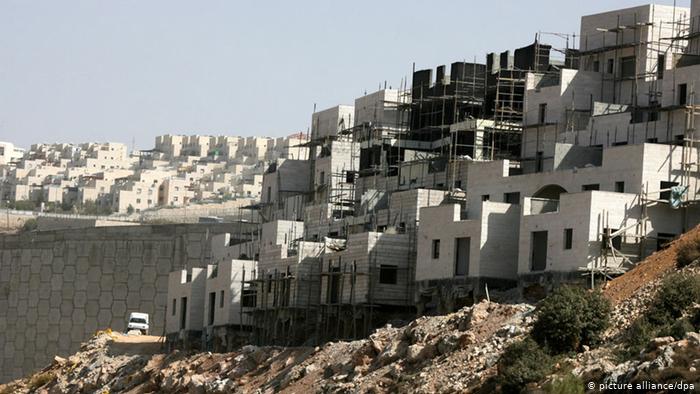The Arab region suffers from many challenges in the land governance and land management sector. Most importantly, tenure insecurity in the Arab region is the highest in the world. In the Worldbank’s Registering Property- Doing Business indicator, the region ranks lower than any other region, with the exception of some Gulf Cooperation Council countries. Tenure insecurity negatively affects many aspects of the economy including urbanization, agricultural development, the private sector and women's empowerment, just to name of a few. Above all, it limits the region in terms of creating job oppurtunities, which is a pressing economic, social and political issue in the region.
We just recently celebrated the 10th year anniversary of the Arab Spring where people, men and women, young and old across many countries in the region demanded change. This started with a call for social and economic reform and ended with change in some regimes. Sadly, the Arab Spring did not produce the anticipated results and war and destruction followed in many countries. Still, the demand for political, social and economic reform is absolutely needed in the Region. Land tenure security and improving the governance of land administration institutions should be part of this reform.
Land tenure security is fundamental for any social economic development. In fact , some countries within the region have started taking action in this direction. One of these countries is Palestine , where the government has approved of a comprehensive road map of reform and initiated a comprehensive program to modernize the sector, including registering all properties in the country and automating land registration functions by 2025. Saudi Arabia is another good example. They have initiated a major reform program to convert from a deed based to title base system, to separate land administration regulations from operations and to complete registration of all properties and automate all functions by 2027. They have started making a major reform in land administration by organizing and registering all lands within the country and they are planning a measuring program. In Morocco, they have initiated a new program for land registration. In Tunisia, modernisation of the land system is already started. Countries like the UAE, Qatar, Bahrain and Jordan already have a well functioning land administration system that is highly ranked according to World Bank-Doing Business Indicator.
Lack of data is a critical issue; national statistical offices and public bodies don’t have accurate data to build up a reliable databases and share accountable information. An example of this is in Egypt where not all properties are registered formally so any information in this regard cannot be considered reliable, since it does not take into consideration informal registration. A live example is in Cairo, a city of around 20 million inhabitants, where only 20% of properties are formally registered. The city continues to use a manual-paper based system. As long as such systems are not automated, the provision of transparent and accountable data won’t be possible. The process of modernisation is a long process that takes time and lot of effort, yet along the modernisation process, data can be generated and used. We have some good examples in the Arab region when it comes to modernisation and data generation. This example is in Jordan.
Despite this, the overall transparency of data is still questionable in the Arab region, taking into consideration the revenues land sector generates for the elites in some countries in the region and the leverages they enjoy through controlling land and land markets. Another issue with the data is the lack of awareness about the importance of such data especially for women and its impact on the socio- economic development in the region. Therefore grassroot initiatives are needed to push towards transparency of data to ensure social economic development in the region.
The purpose of the upcoming Arab Land Conference is to bring attention to the land sector issues, exchange knowlege among various Arab countries and to raise the importance of this agenda to the political level. It also works as a stage for experience exchange between different expertise and different countries. Knowledge exchange is the key to exploring land issues in the region and to unifying the grassroot initiatives and civil society to work hand in hand for better land governance and transparency of data sharing.
The Arab Land Conference is trying to organize this exchange of data and knowledge between private sector, NGOs, CSOs and academia to go beyond the Conference. Through bringing different stakeholders, different approaches and different countries together in one place. Capacity development in data gathering, data sharing and data analysis is one of the challenges the conference will try to address.
The major issues that need our immediate attention are capacity development, fighting corruption especially in the land sector and women's accessibility to land which is one of the topics that we need to be ambitious about and start to think about equal rights to land of inheritence. This last point can be achieved over time with the help of the civil society.

